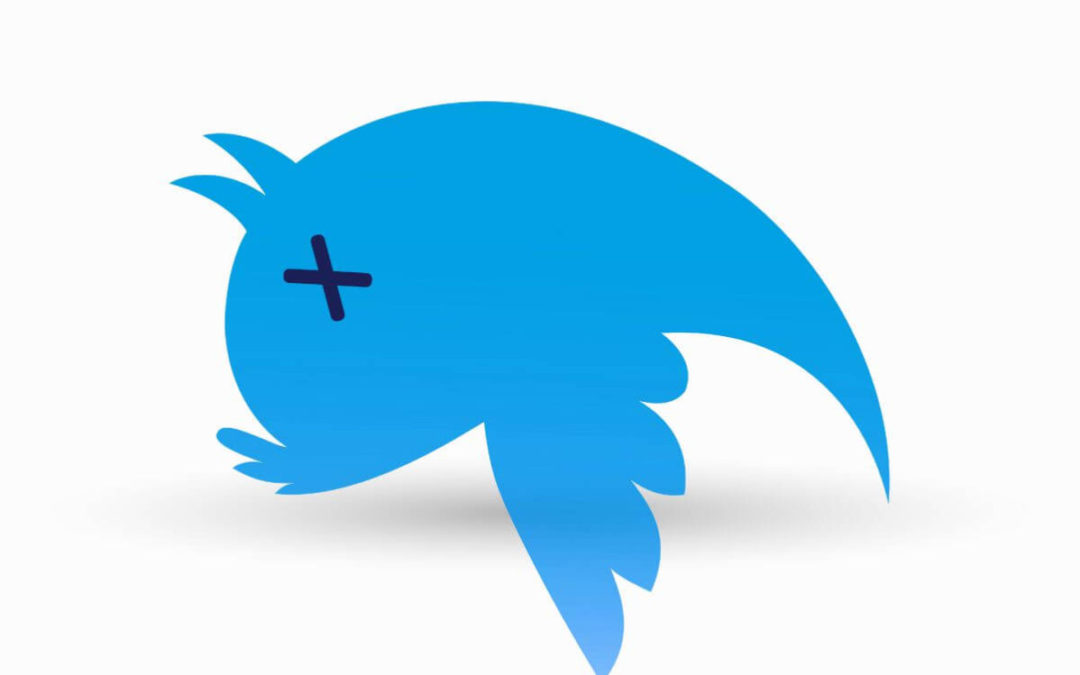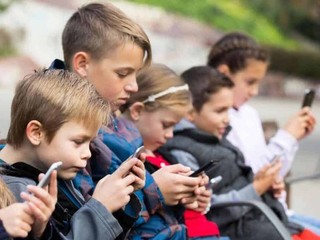
This year I'm thankful that Elon Musk bought Twitter
A reminder that maybe we could all stand to be a little less online

The biggest new story in tech recently has, of course, been Elon Musk's $44 billion acquisition of Twitter, along with all that's been happening at the company over the last month.
To recap: since Musk completed the deal to purchase Twitter on October 27 (following his unsuccessful attempt to back out, resulting in lawsuits from both sides), he has alienated advertisers, botched the roll out of the company's new verification feature, seen hundreds of workers quit in protest as well as fired thousands more (some of whom he has since begged to return to the company), and also seen his personal net worth decline by $100 billion as Tesla's stock is currently in free fall, having recently hit a two-year low.
All in all, not a great start to whatever Elon is trying to accomplish here, but there could be a silver lining to all of this. Not for him, but for us.
While so many people losing their jobs, especially right before the holidays, should never be the cause for celebration, I'm still thankful that Musk bought the company, and that he seems to be doing such a bad job so far, because it would be great to see social media lose its grip on our society.
On the whole, most people see these sites as being bad for the country: a Pew poll from 2020 found over 60% of adults in the US believe social media has had a negative impact on our society, while only 10% saw the impact as mostly positive. Their top reasons for feeling this way include “made up news/misinformation” and “hate/harassment/extremism.”
The third largest reason cited was, “people believing everything/not knowing what to believe,” the impact of which has actually been measured: people who get their news from social media are not only less engaged, but also less knowledgeable. This would be a problem even if so many people didn’t get their news directly from social media: roughly one-third of U.S. adults say they get news regularly on Facebook, while over 20% regularly get news on YouTube, and 13% get their news from Twitter.
That leads to the most important, and dismaying impact, of social media, which is the division it has sown. Some believe that this country hasn't been this divided since the Civil War (when the country was literally divided) and while that can't entirely be blamed on technology companies, nor the founders of social media platforms, there certainly is some responsibility to be had. An NBC News poll from 2021 found that 64% of Americans think social media platforms do more to divide us, including 77% of Republicans, 65% of independents, and 54% of Democrats. That also included 54% of white people, 56% of Latinos, 61% of young adults, and 71% of seniors.
It is pretty ironic that the only thing we all seem to agree on is that we're way too divided.
Then there's the impact of social media on children, something discussed at length at Vator's recent mental health event. In 2021, 64% of tweens reported watching online videos every day, while 38% use social media, an increase from 31% in 2019. Among teenagers the number who have social media accounts is roughly 80%, and there is growing evidence that this can have a negative effect on the mental health of these populations, with those who start on social media at age 10 or younger being significantly associated with "problematic digital behavior outcomes" compared to either those who joining as tweens or teens.
To be clear, like most things, social media isn't all good or all bad; as most people would likely admit, it has had a positive impact on minority and marginalized groups who are now able to find their community online in a way that would have been impossible before. It has also been a useful tool for political protest; think back during the Arab Spring, when people were using platforms like Twitter and Facebook to organize. But there’s a reason that the majority say that they’ve done more harm than good.
Perhaps Musk’s antics will serve as a reminder for people that there was a time, not even all that long ago, when we weren't all so online, and most of us seemed better off for it. We can log off. At least for a little while.
(Image source: intranetblog.com)
Related News



